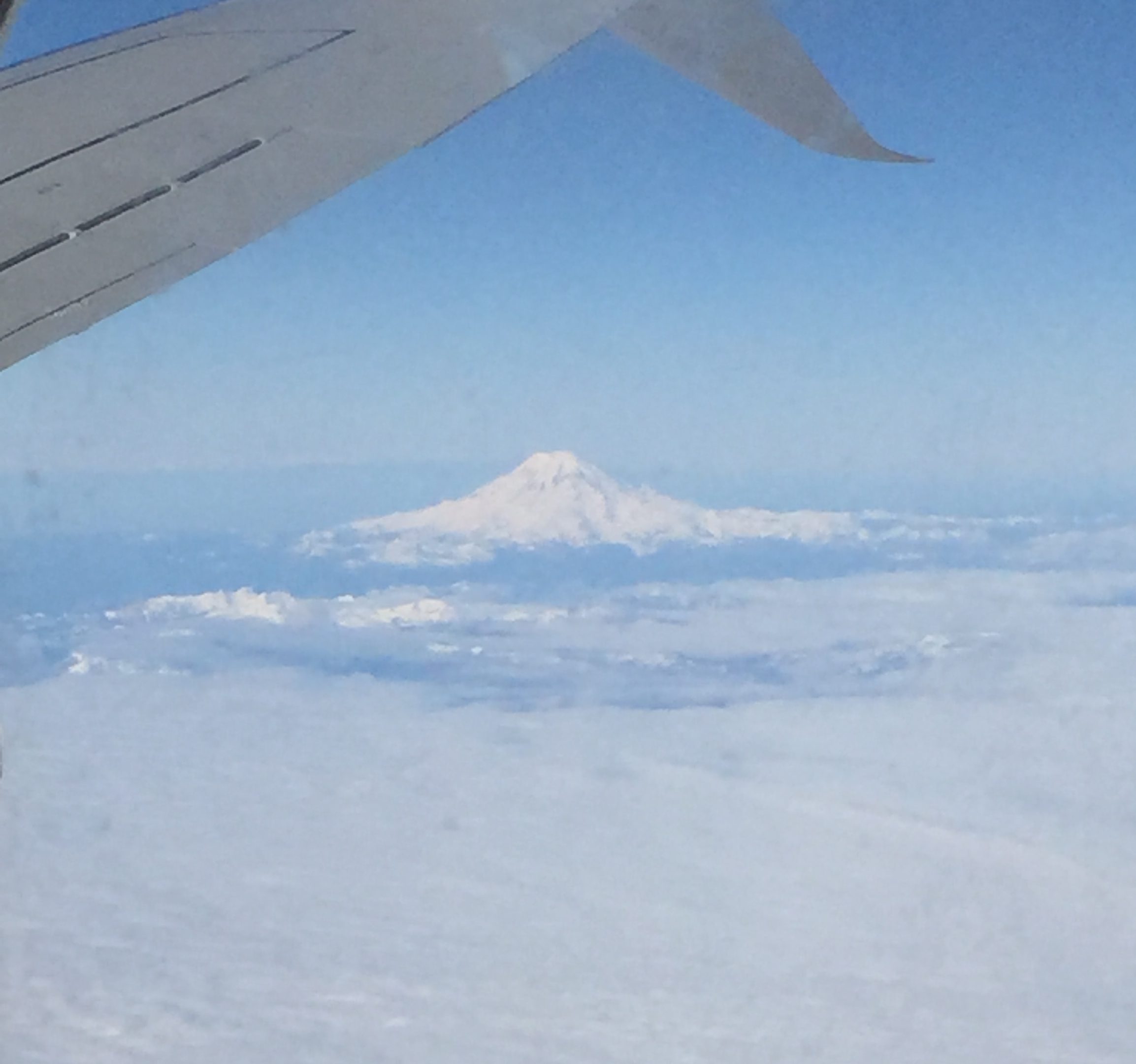
Manifold in Portland: The Grateful Fed
This month the combined team had our face-to-face at the Cast Iron Coding offices in Portland, Oregon, where our hosts managed to feed us both Portland culture and delicious food and get through an agenda packed with tricky topics and complicated concerns.
Minnesota and New York trickled into PDX Wednesday to crystal blue skies and brilliant sunlight illuminating Mt. Hood. After some Powell’s pilgrimages and art museuming, we met up at Ringler’s for casual convening. Even the requisite Grateful Dead cover band couldn’t keep conversation off the forthcoming questions of preservation, pilot projects, and bug-fix workflows.
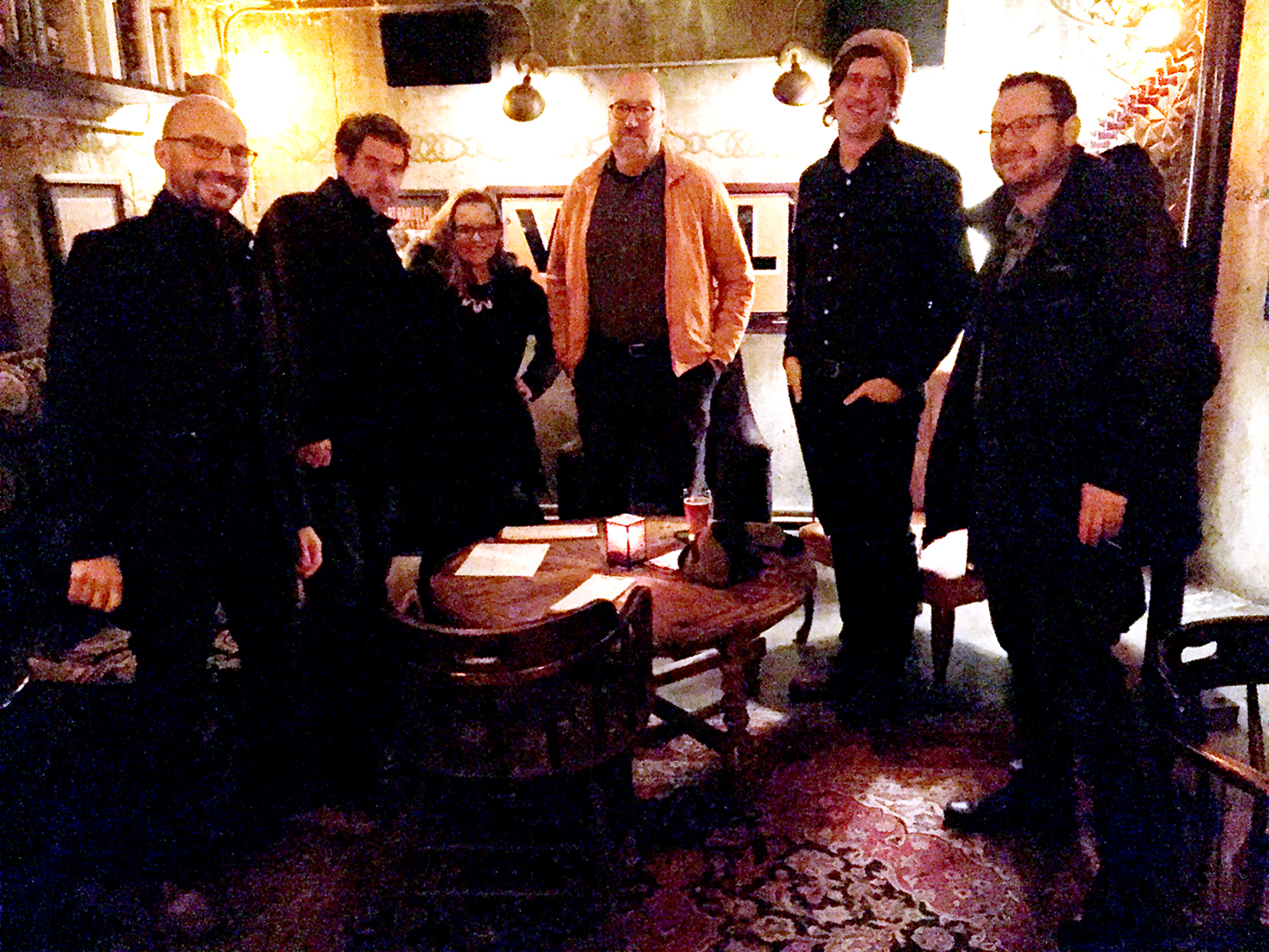
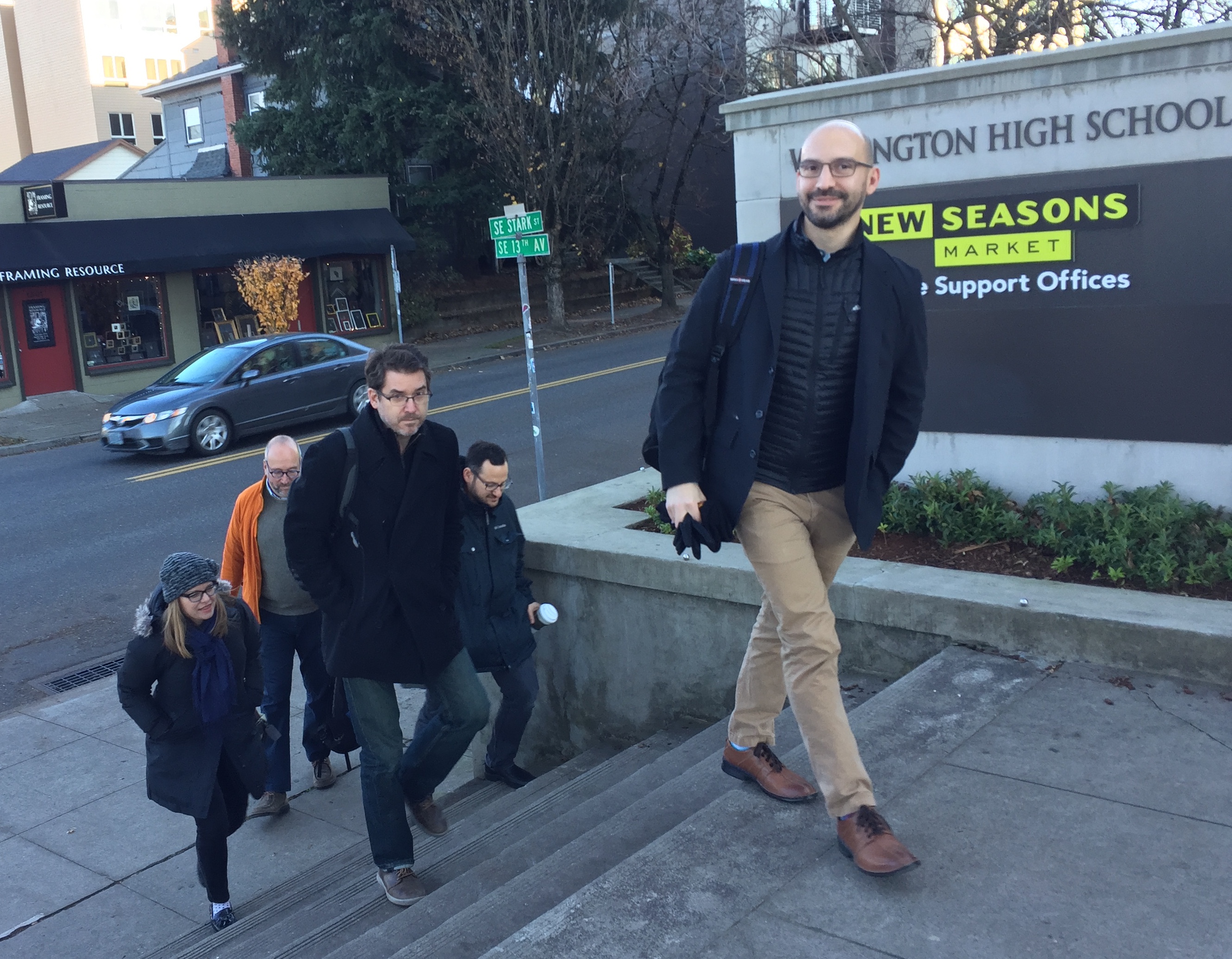
Those of us traveling west got up early and got in some work in the hotel library (surprise surprise—a bunch of book nerds felt cozy by the fire and book-lined walls) before we made our way to the Cast Iron Coding office. Cast Iron lives in the former Washington High School, now called Revolution Hall, and the open floor plan is friendly and pin-drop quiet. Cast Iron team members who work on Manifold, including the seemingly inexhaustible Max Ono, as well as canine representatives Rowan and Ida, dropped in at key moments.
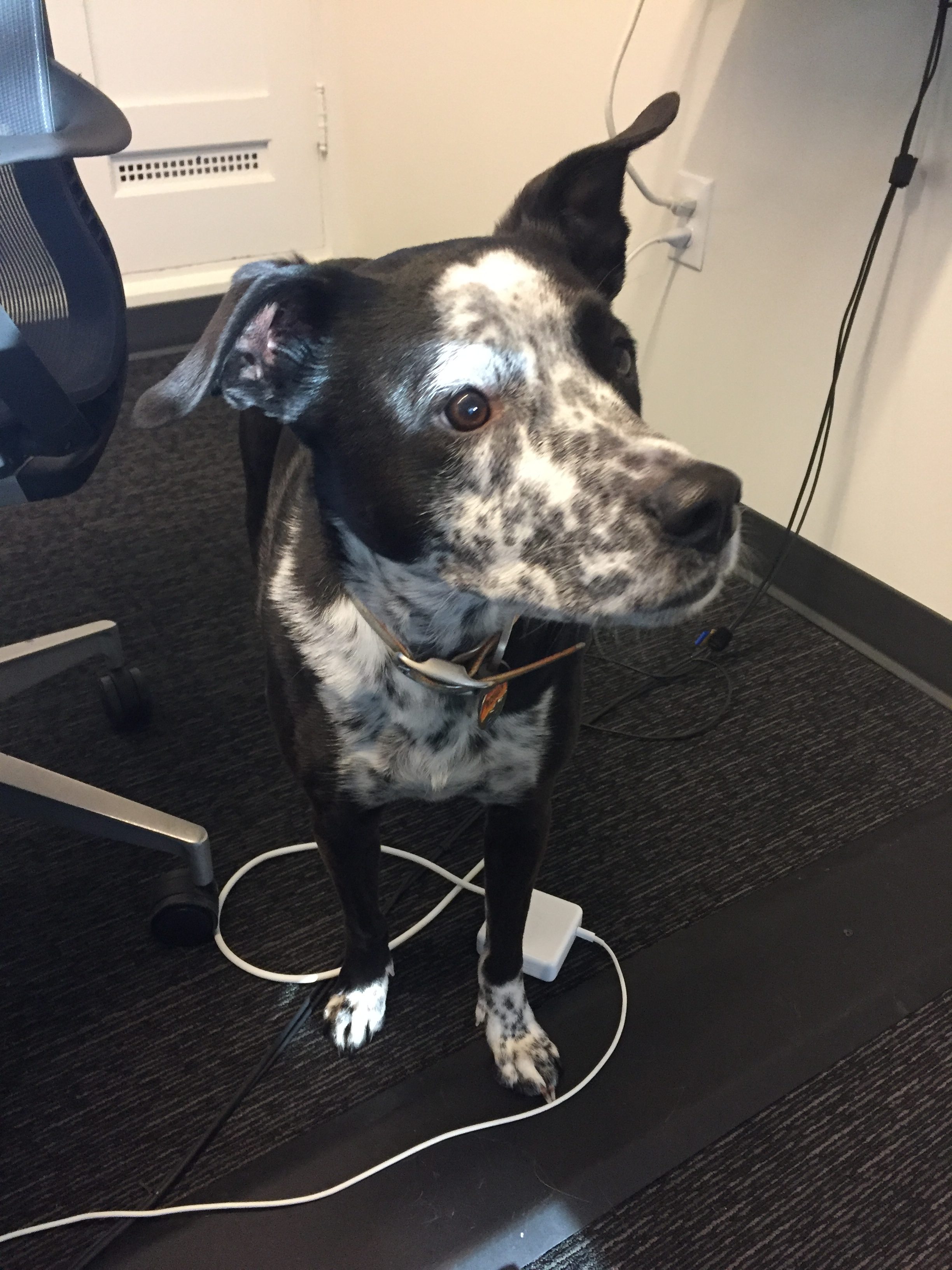
With delicious Crema pastries in hand and a frequently replenished coffee pot (thank you, Lucas!), we undertook a staggering agenda. First we dug into development progress and plans for the roadmap. With Version 2.1 out just before Thanksgiving, things are on track. We chugged through and then reviewed the features to determine which were in line with the milestones written into the grant and which were in keeping with the project but beyond the reach of our funding.
Given the speed with which Zach and Max have been responding to issues raised in the press pilots on top of a continued grueling pace of new feature creation, we needed to reassess and allocate development hours.
To this end, Zach has reconfigured the Roadmap to reflect the agreed upon refinements. In addition to changing language on existing milestones, he has broken up the different versions into distinct GitHub projects for easier tracking of related issues. When you look at an issue, such as “#1209 Implement lightweight content management for project pages,” you’ll see a “projects” entry in the right column. That will tell you when we think we’ll address that issue. Some short term changes had to be made for the sake of a more sustainable code base.
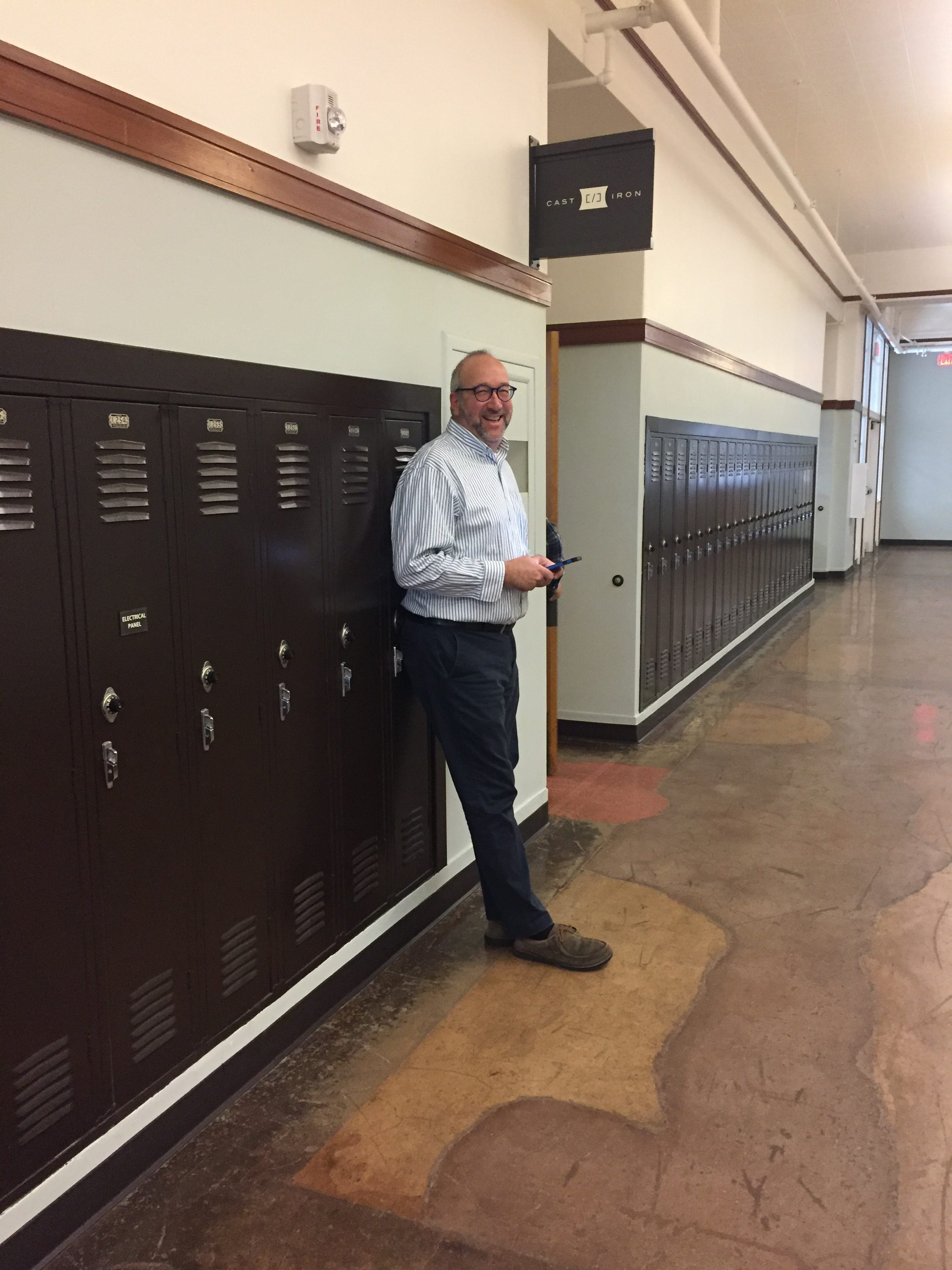
With all the great feedback on the Thanksgiving release of Project Collections, the team is on track with version 3.0 and the addition of Project Blocks, which promise even greater project level flexibility. Different projects will soon be able to display different components, so that resource-only projects will look different from iterative projects will look different from simpler manuscript-centered projects. Version 4.0 will allow publishers to better take advantage of Manifold through their existing websites by way of a build out for single projects as well as enjoy closed annotation groups for classroom or peer-review purposes.
Once we made it through the roadmap and combed through the existing feature requests, we had lunch to repower before our discussion of analytics. Susan had prepared notes regarding open-access analytics needs, incorporating feedback from press partners. We discussed what Manifold analytics would be apart from Google Analytics. We thought about what sort of interface would be most useful for our users and whether building a means of porting in Google Analytics warranted the short term development expense and long term maintenance cost of such increased complexity. Decisions are always made with both user experience and platform sustainability in mind.
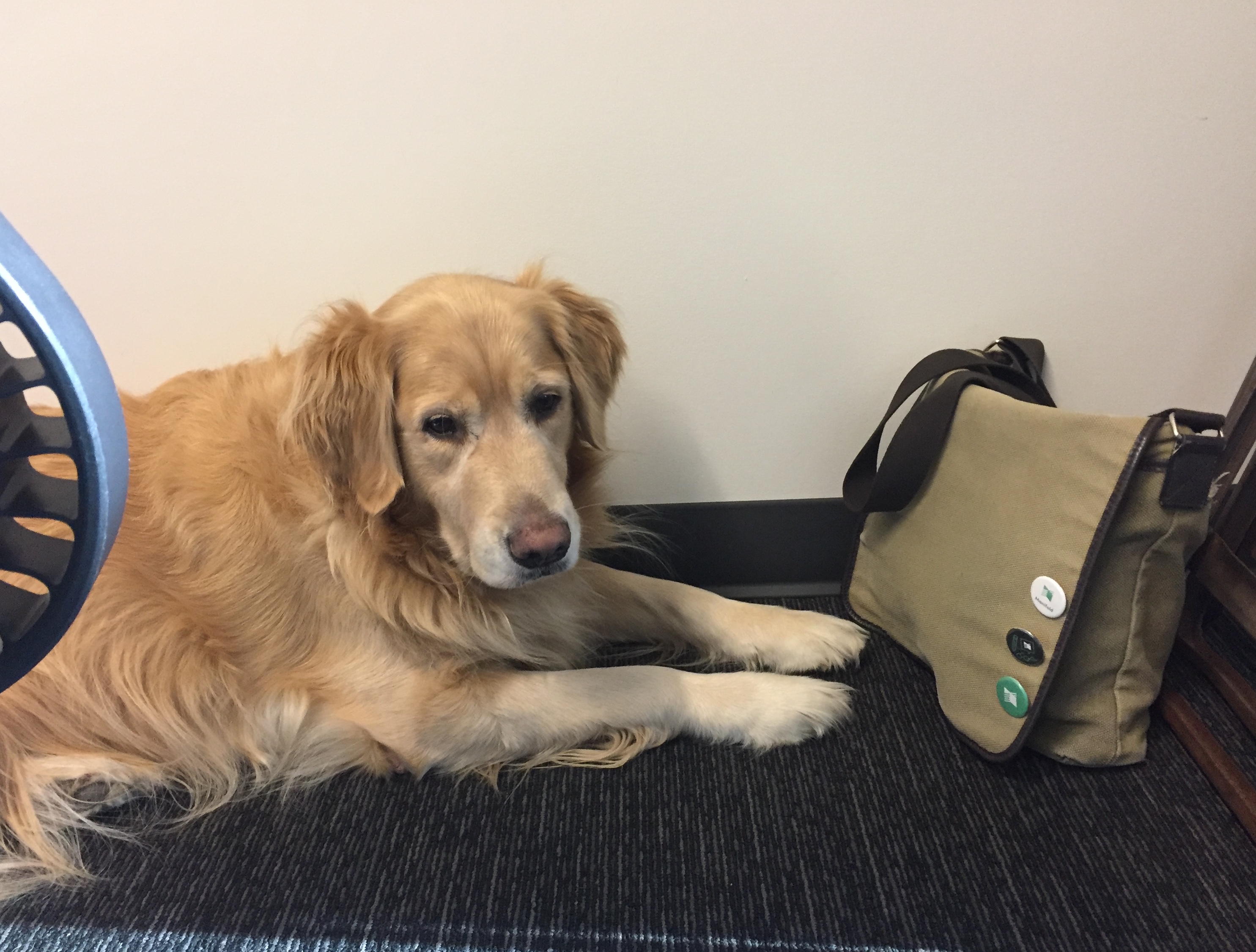
After a break to walk Ida the dog, we recommenced with our Open Educational Resource (OER) conversation. OERs are a growing use for Manifold. The CUNY Manifold instance is expanding and educators and staff are finding new and exciting ways to share their work. Much of the discussion centered on how teachers might best organize course materials on Manifold. Project collections were developed for publishers, but offer a mechanism for arranging titles. As the development team moves forward, they are careful about creating not just easy but sustainable and appropriate solutions. We determined that a user page may be the best level for those sorts of controls, but developing that interface will take careful consideration.
As the day wore on, we dove deeper into discussions of project sustainability. With half the first set of pilot presses trained and the next set coming up quickly, we know we need to plan for the future. How do we maintain the growing energy behind this project and continue to support and develop Manifold beyond our current grant funding?
Such heavy ruminations led to bold brainstorming and we worked up our appetites. We made our way happily down to Taqueria Nueve. Over tasty tacos, we discussed the merits of Howard the Duck, the relative (un)quotability of Willow, and the possibility of a trip down to Ground Kontrol (which proved overoptimistic). Tired but happy for each other’s company, we called it a night.
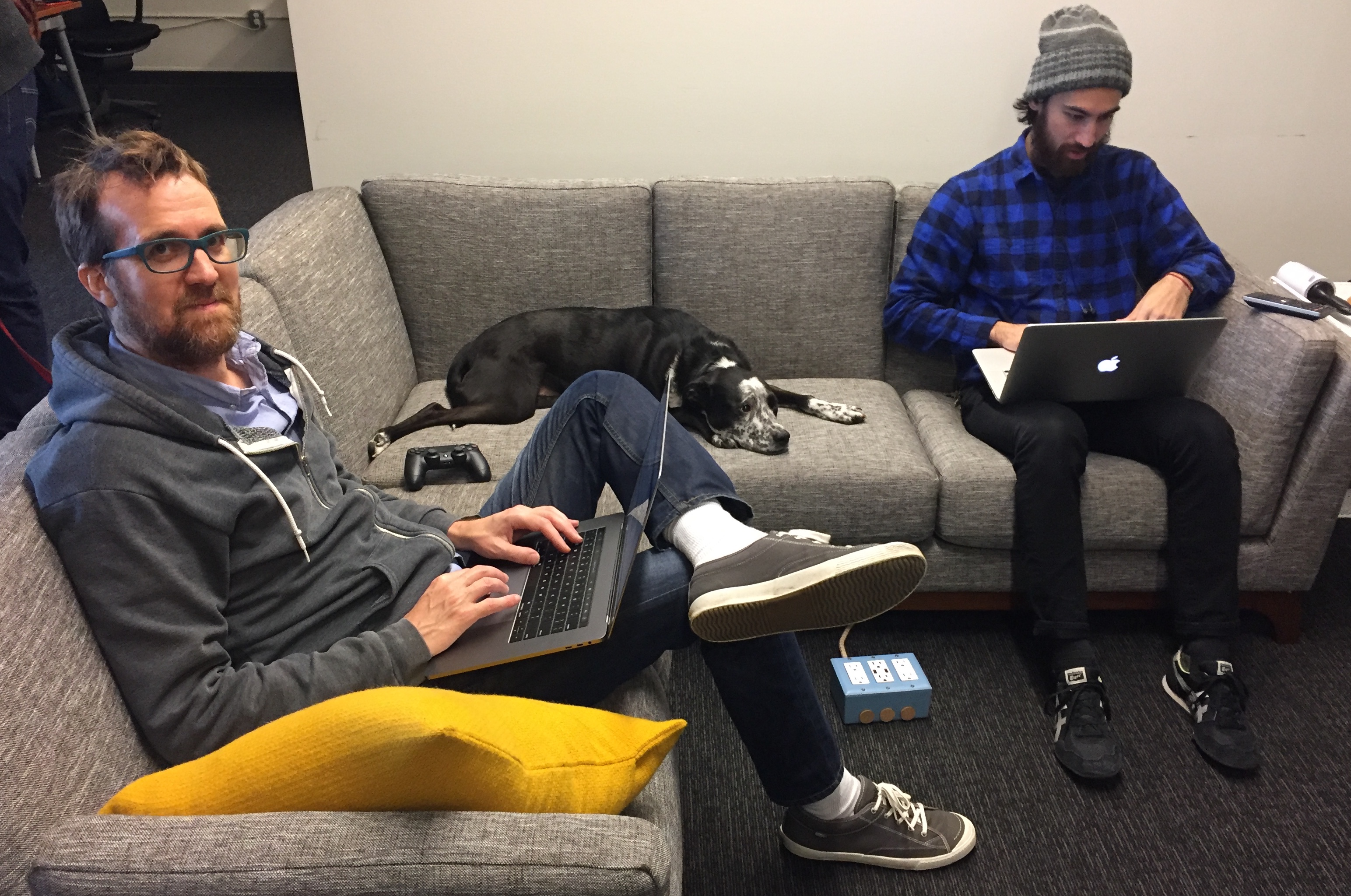
Friday came fast, and we plunged ourselves into discussion of preservation. With a clearer sense of what a typical project contains and what should be provided to Portico, we worked on our plan for what Manifold could or should export. Terence gave updates on all the Manifold Digital Services Pilots—all is going well. Having visited with Athabasca, Indiana, and coming directly from Temple, Terence has had a chance to see how Manifold can help in different ways. After Cincinnati hot on the heels of the Portland trip (seelast week’s blog post), Terence is gearing up for 2019 travels to Emory, West Indies, Liverpool, Reanimate collective, University of Washington, and Concordia. The team is hoping to get the call out for round two of the Manifold Digital Pilot Services early 2019.
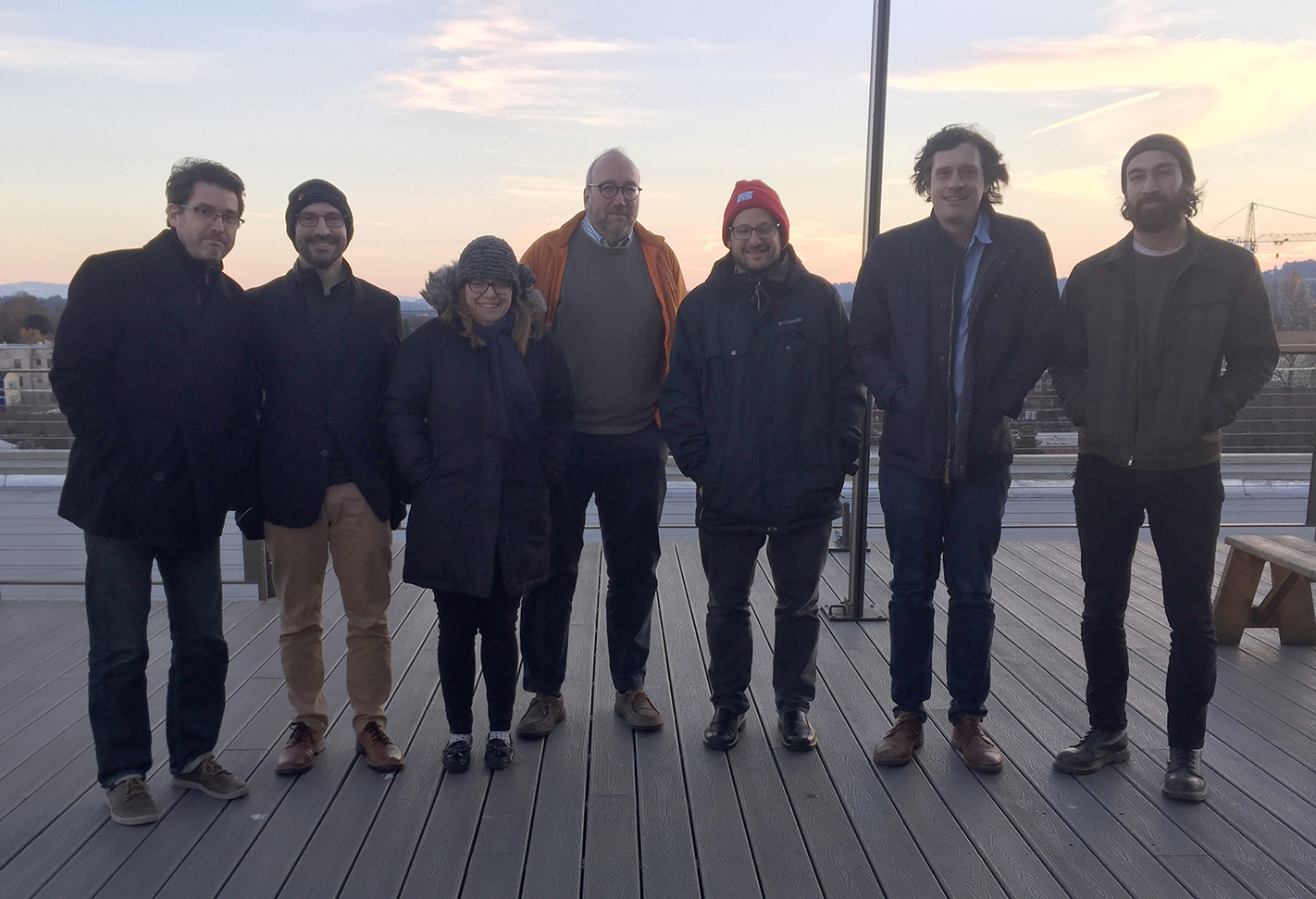
Overall, the meeting was a great success. We even got in some good time with Cast Iron Creative Director Lael Tyler. Our flights back were delayed, which gave us a chance to swing by the fancy chocolate place, cloudforest.
In a last important update—we decided we really needed a proper hashtag. So please do follow and share#manifoldscholarship!
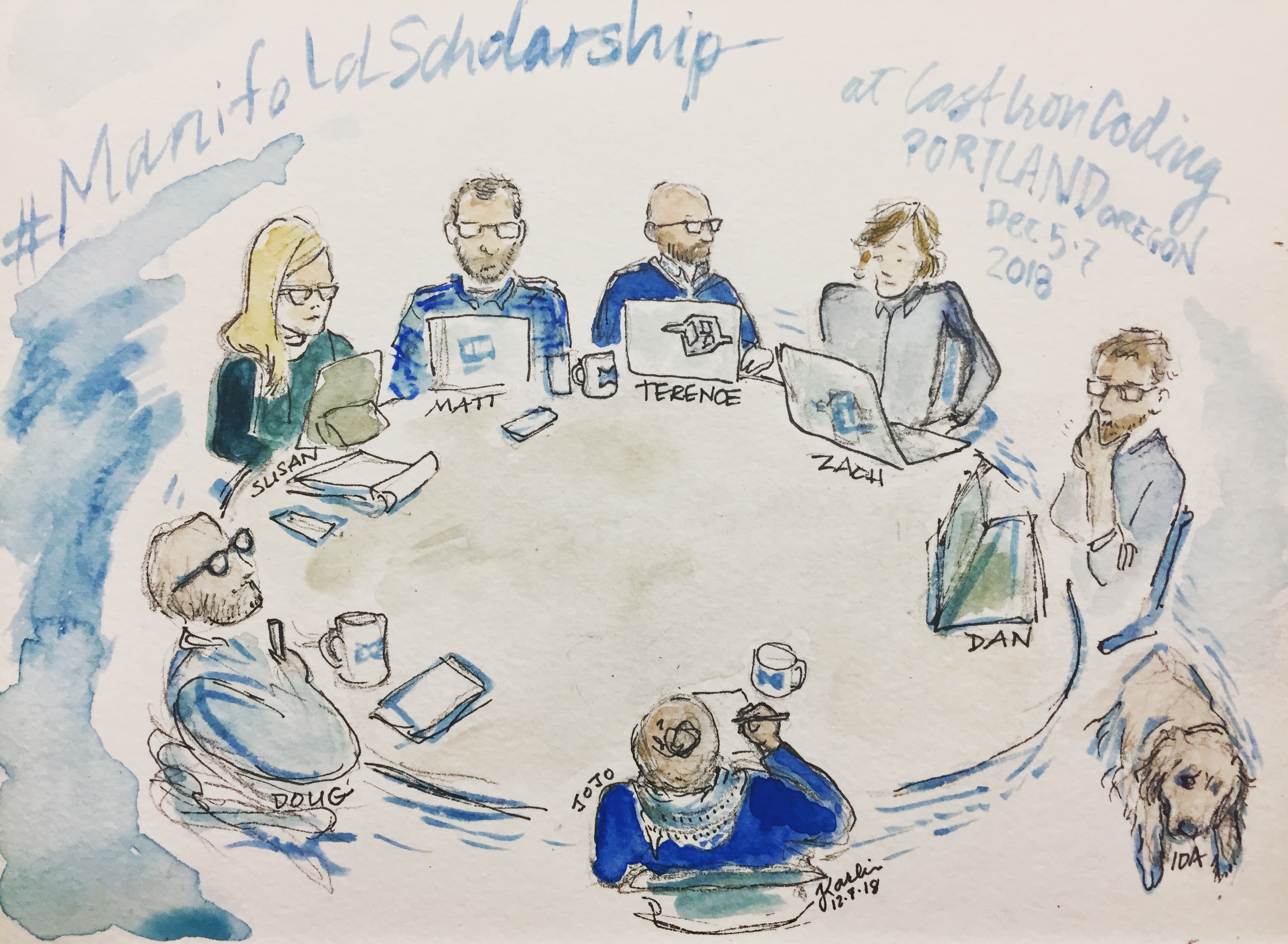
Thanks for reading! Feel free to reach out on the community Slack channel, tweet us at @manifoldscholar, and follow along on Github for more details and to request features.